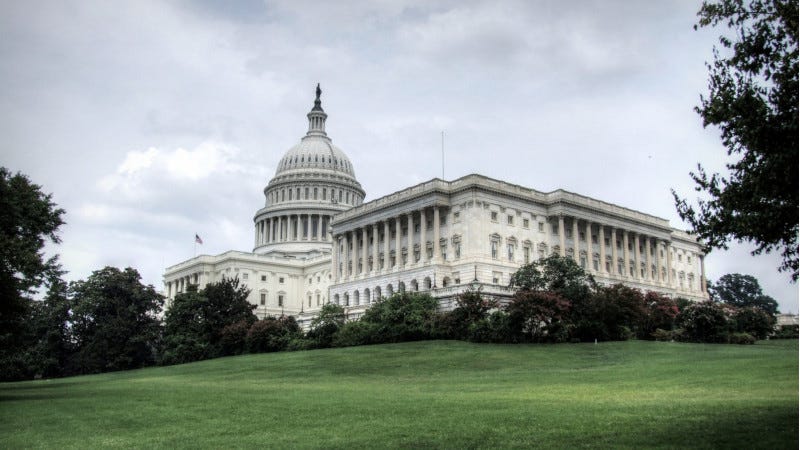Bill Introduced in Congress Would Secure U.S. Leadership in Space
Bipartisan Measure Would Treat Spaceports Like Airports
Adversaries, such as China, are heavily investing in space infrastructure. U.S. lawmakers must counter by accelerating the development of our own space infrastructure. With the number of launches from the U.S. continuing to grow, doubling in just the last seven years, increased investment in spaceports and other space-related infrastr…




